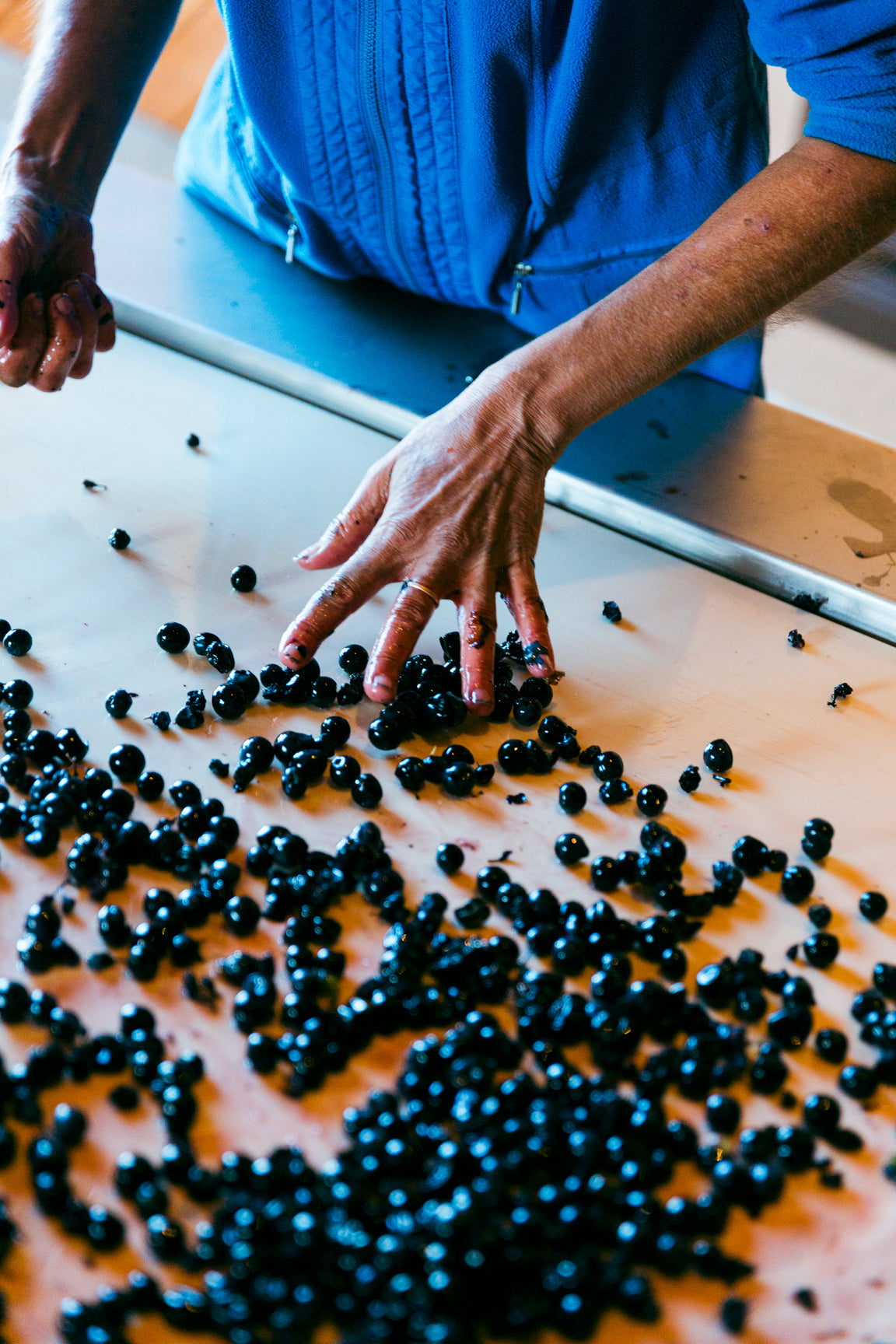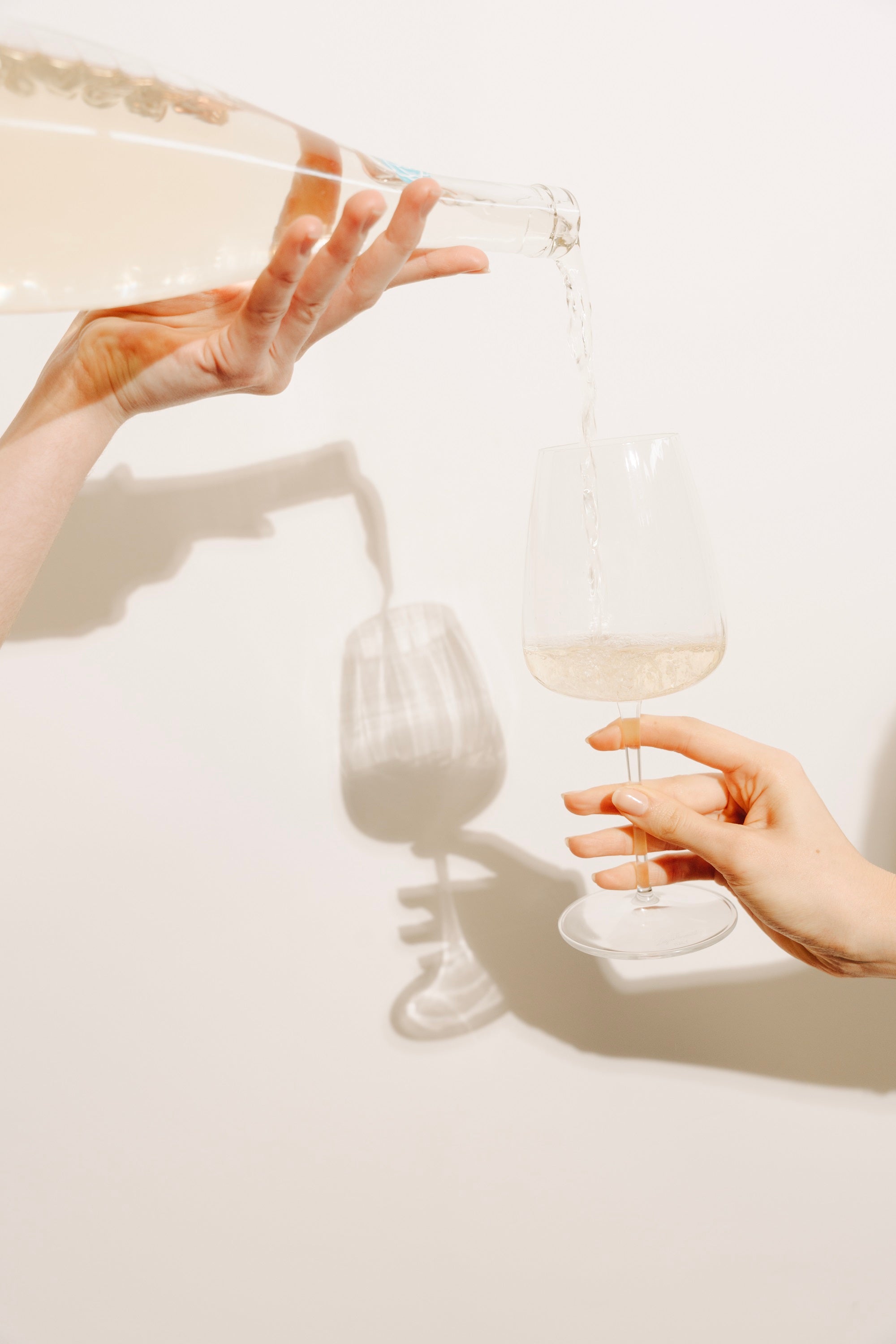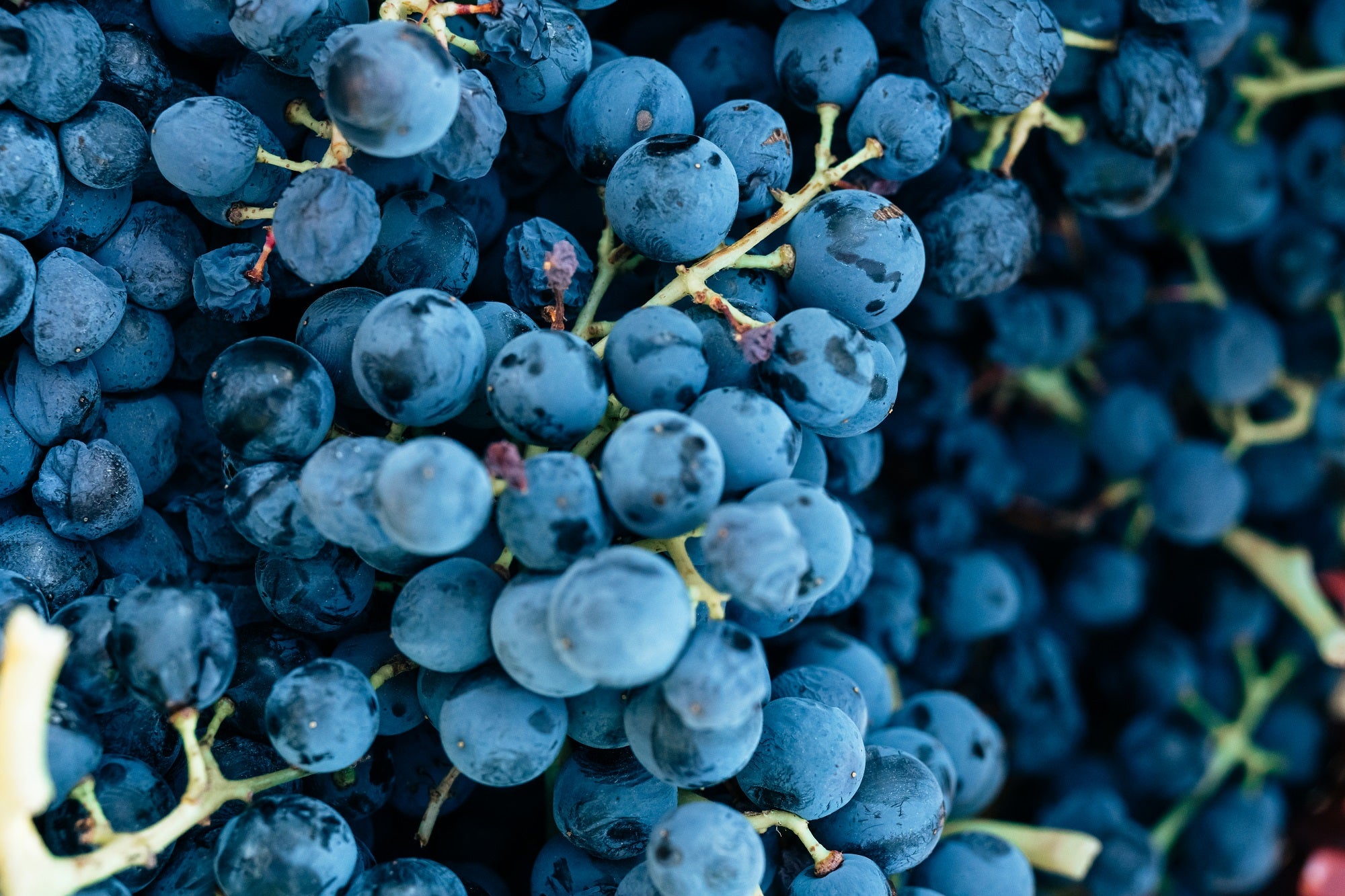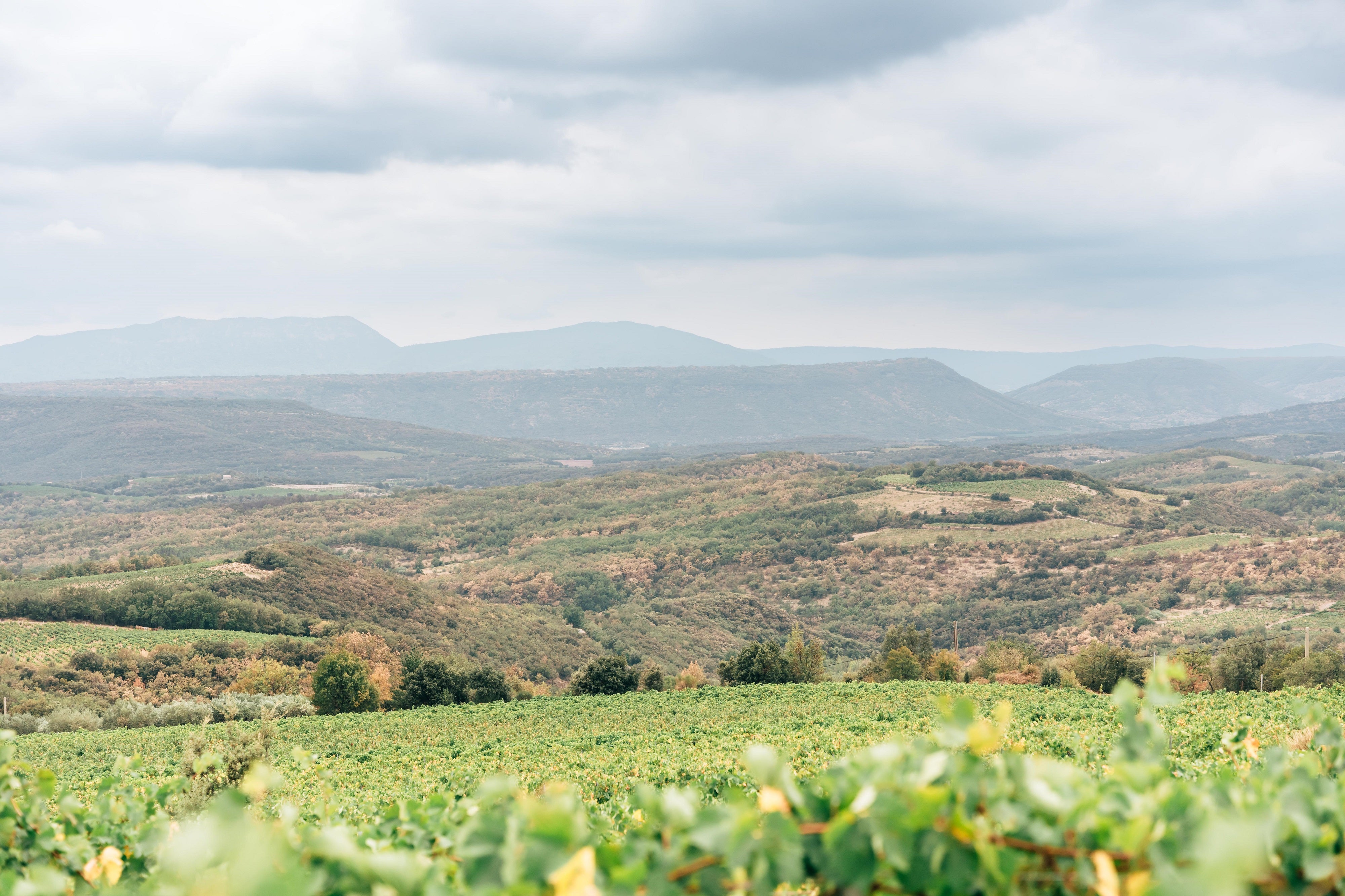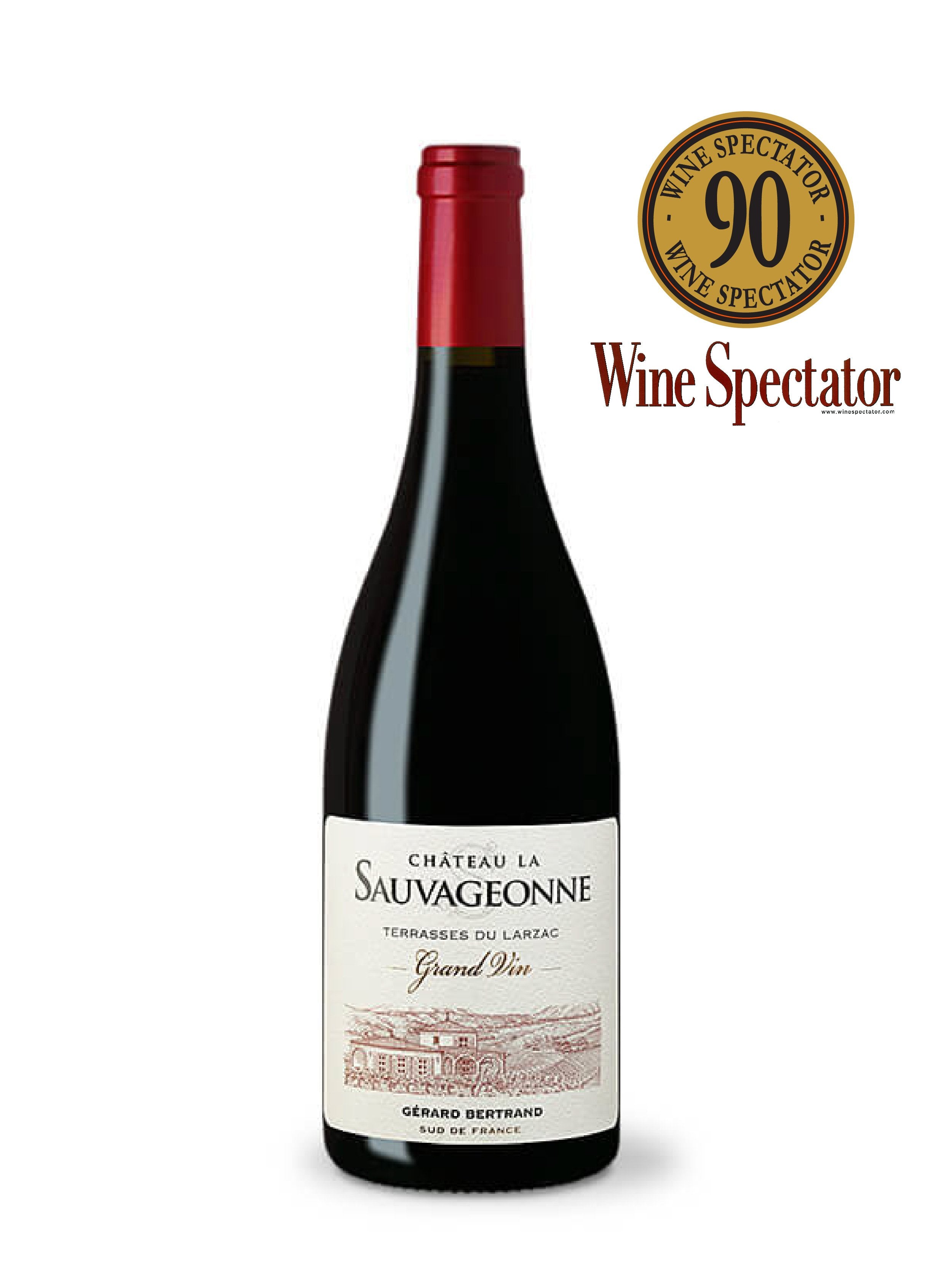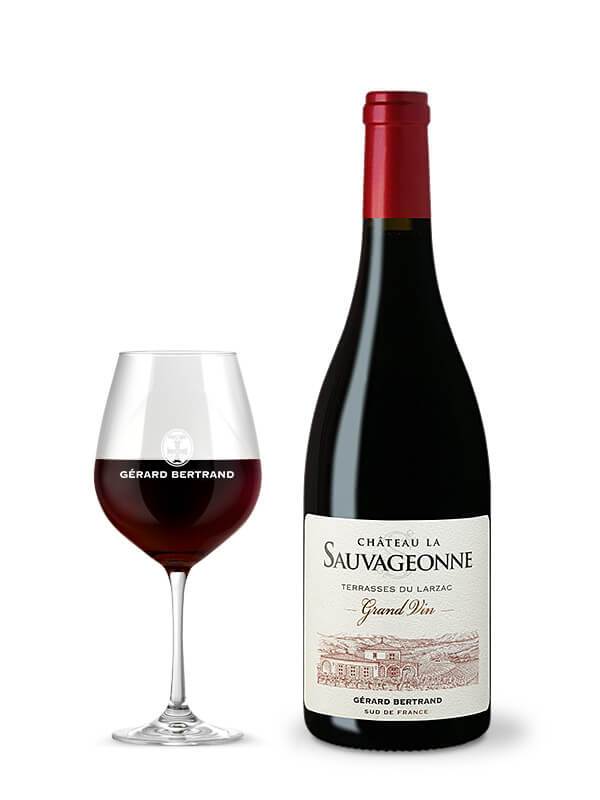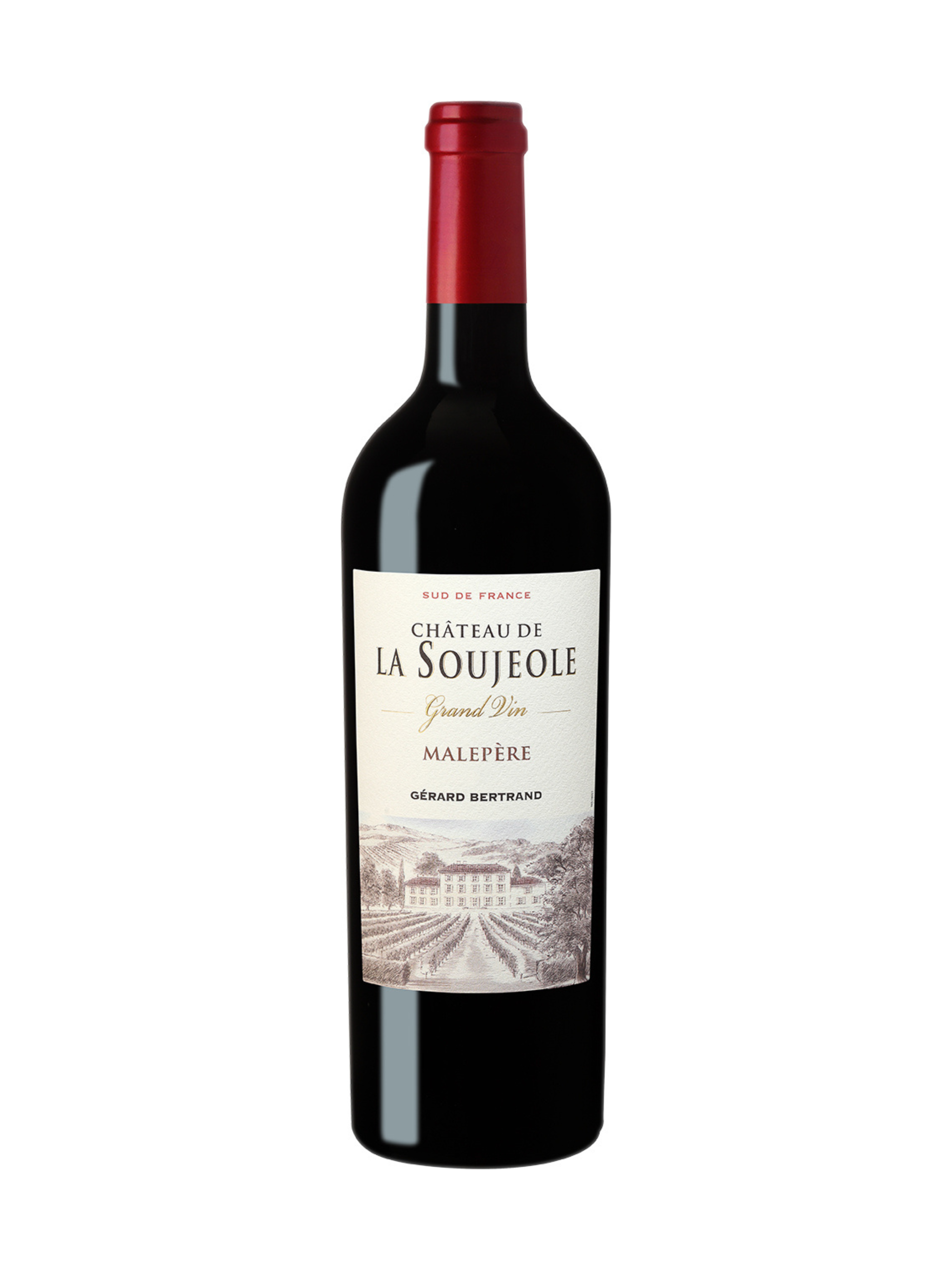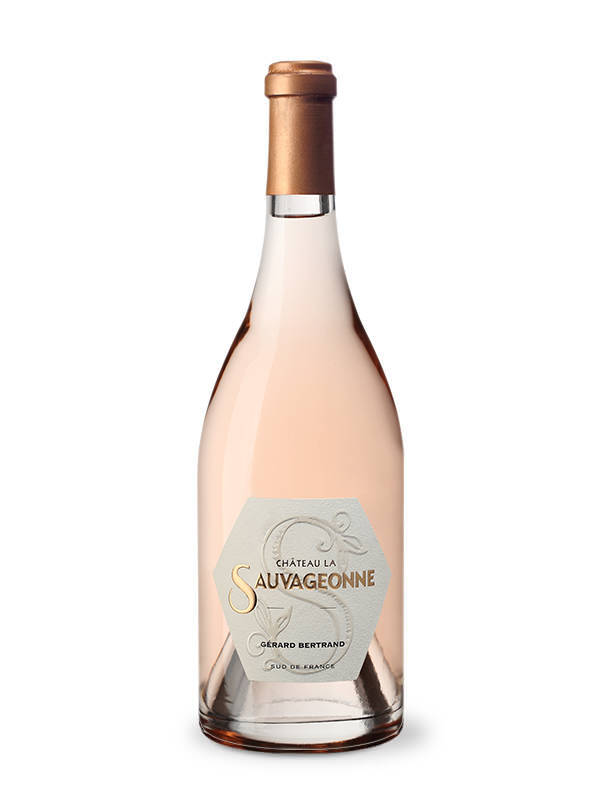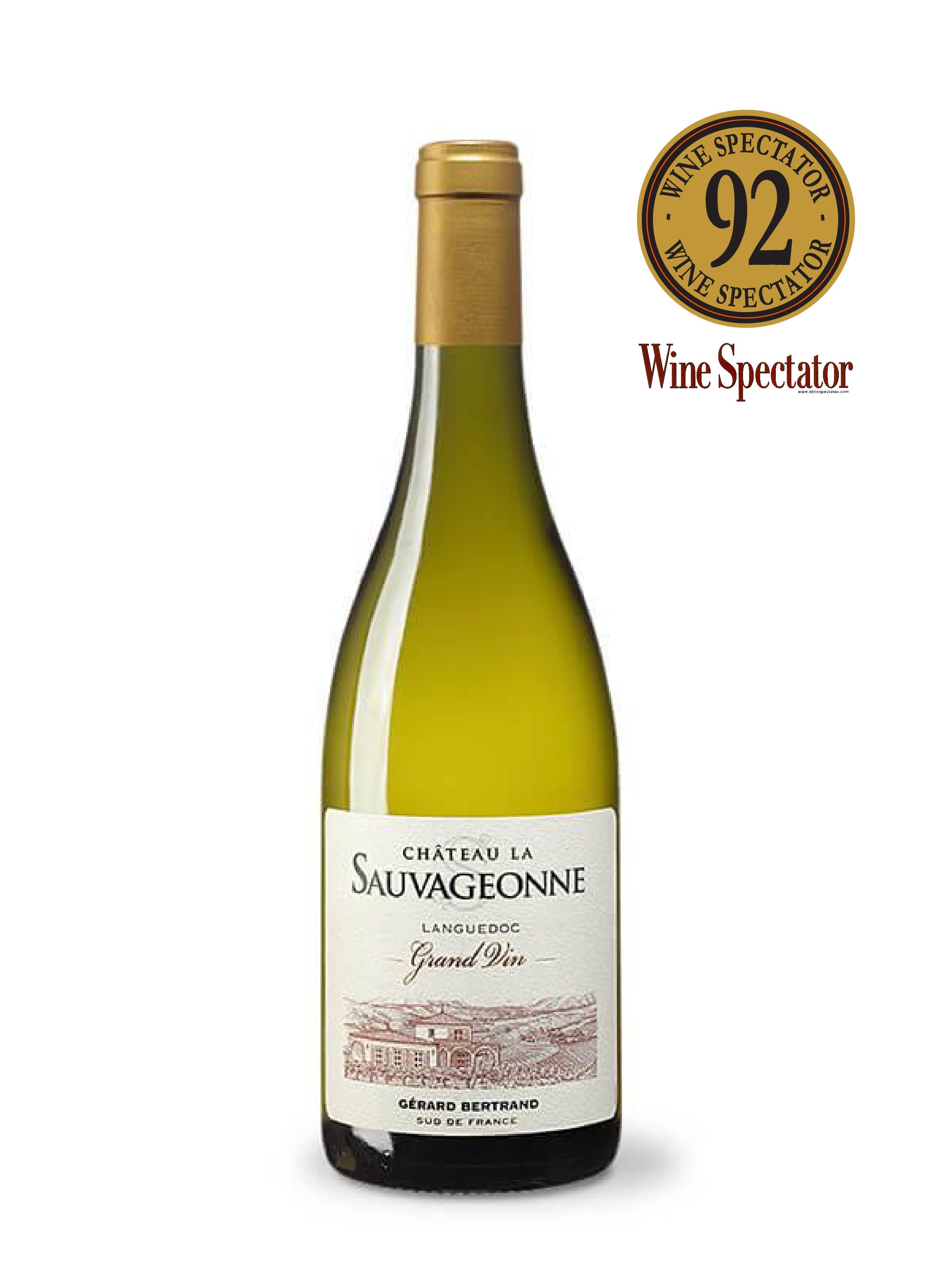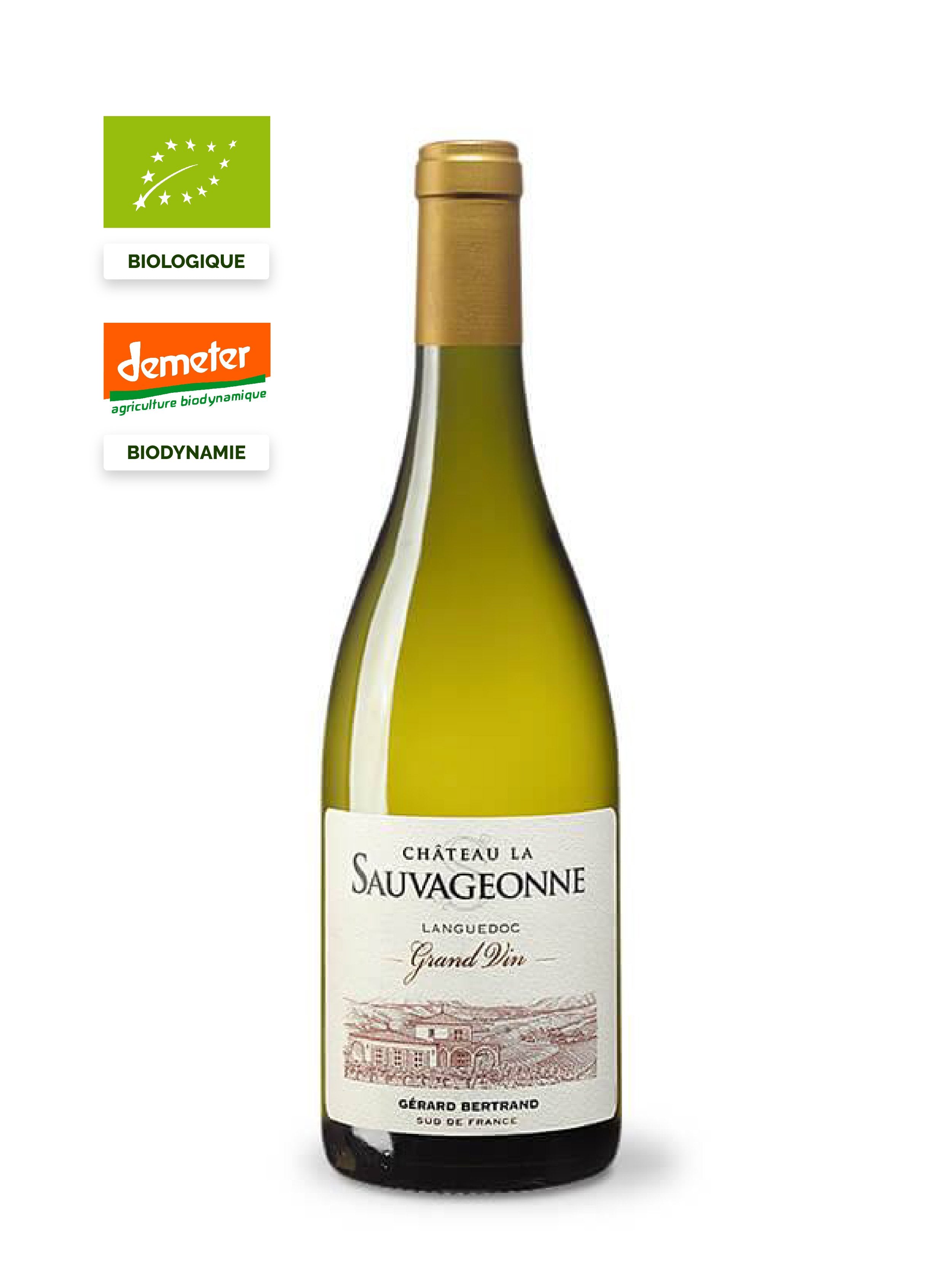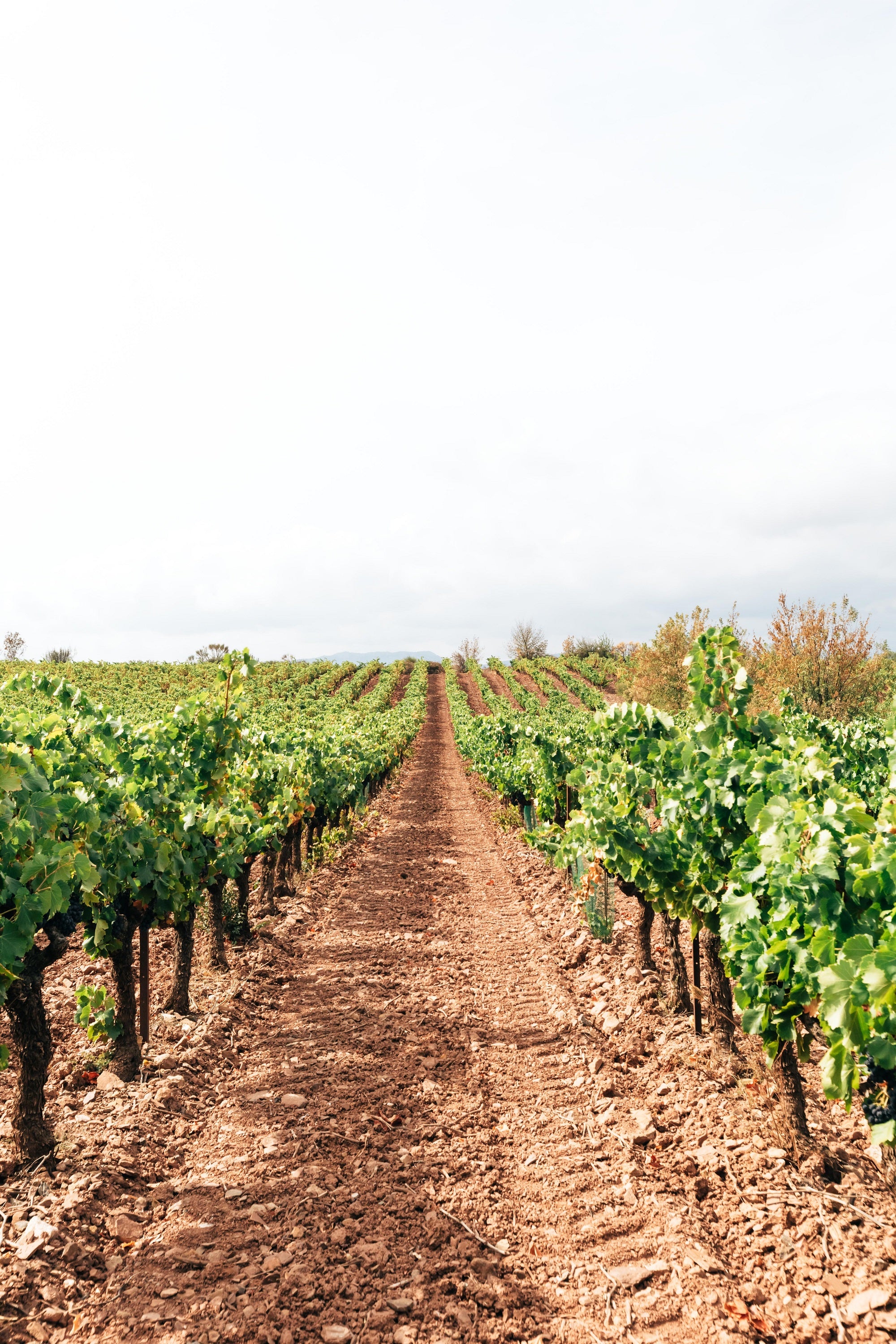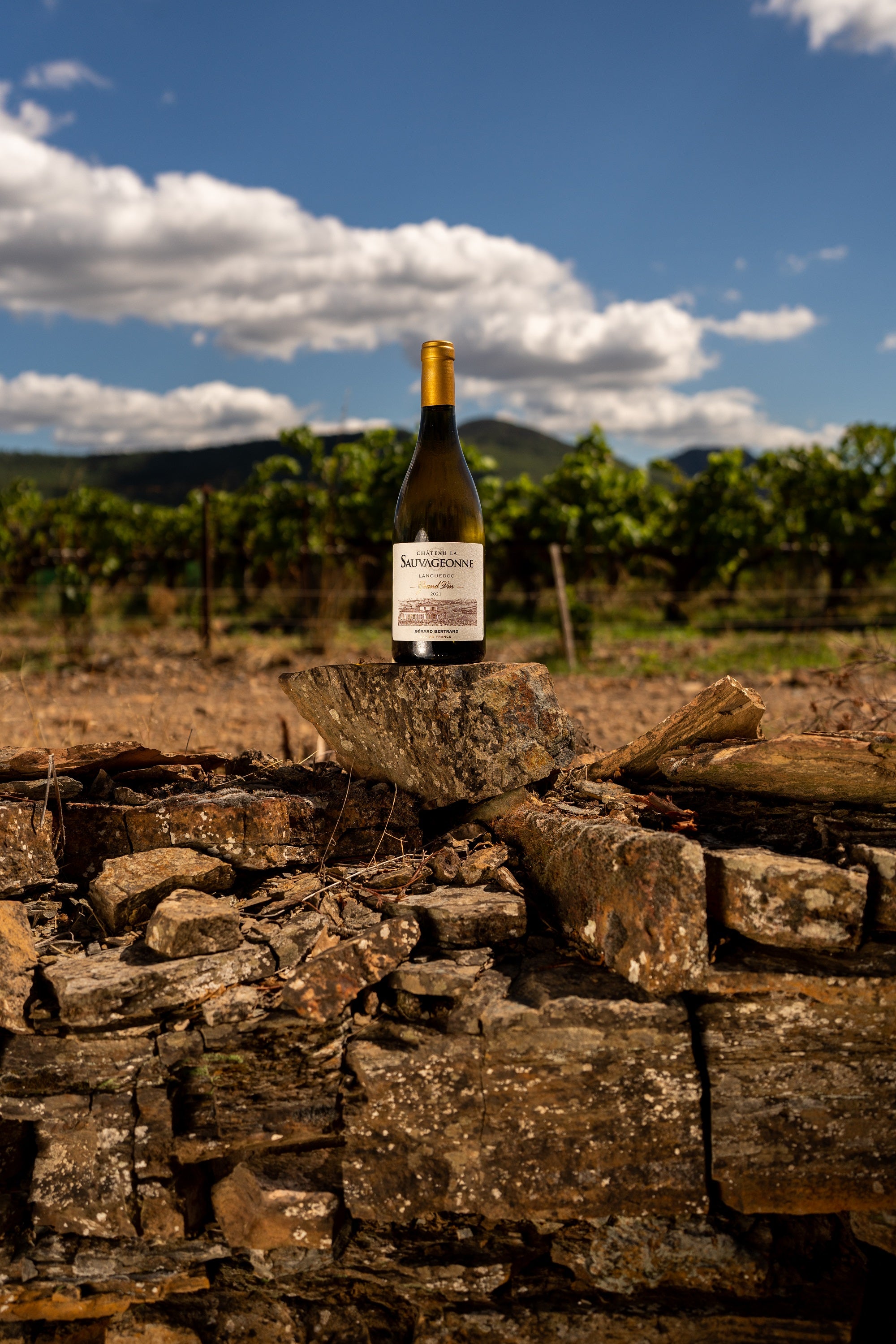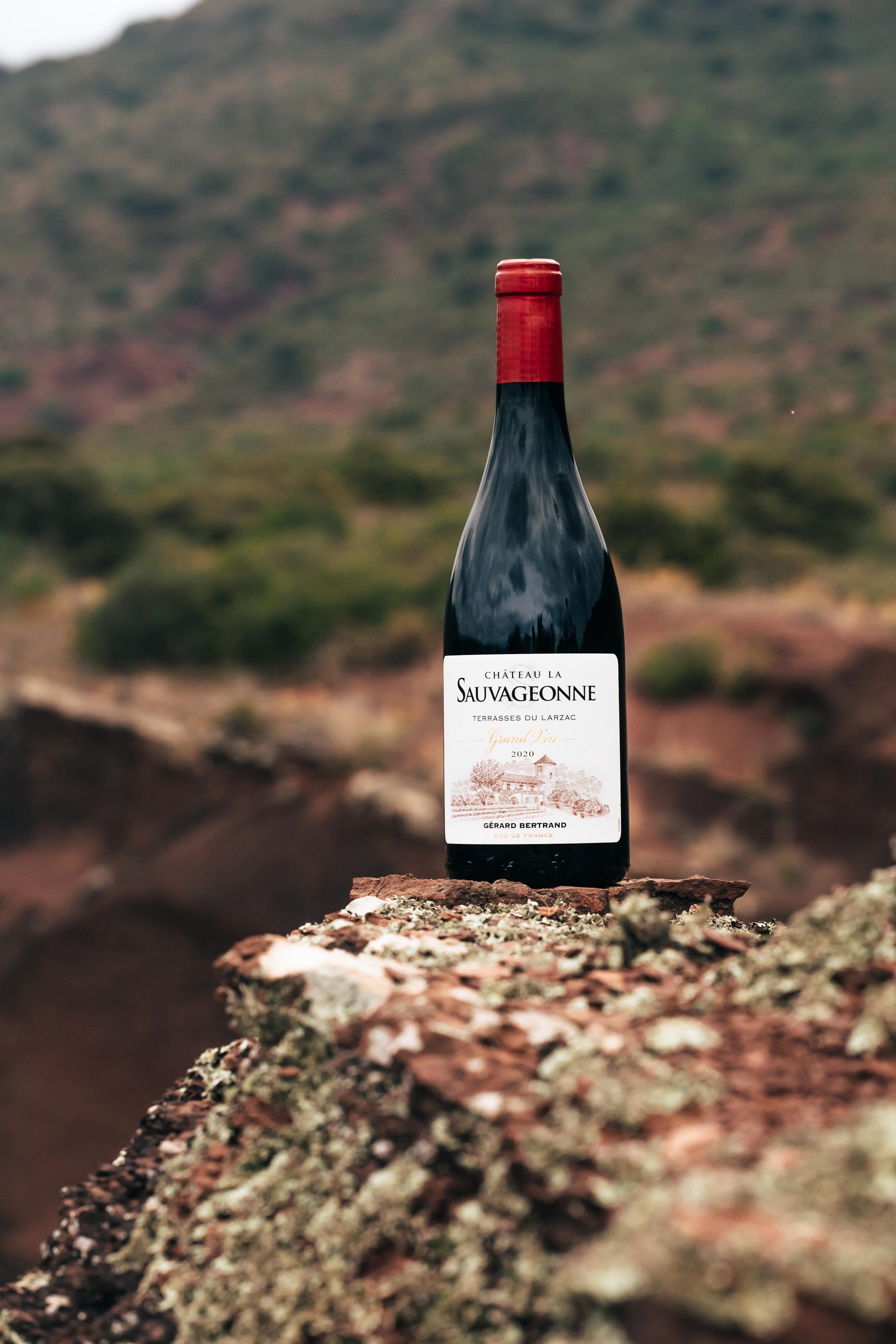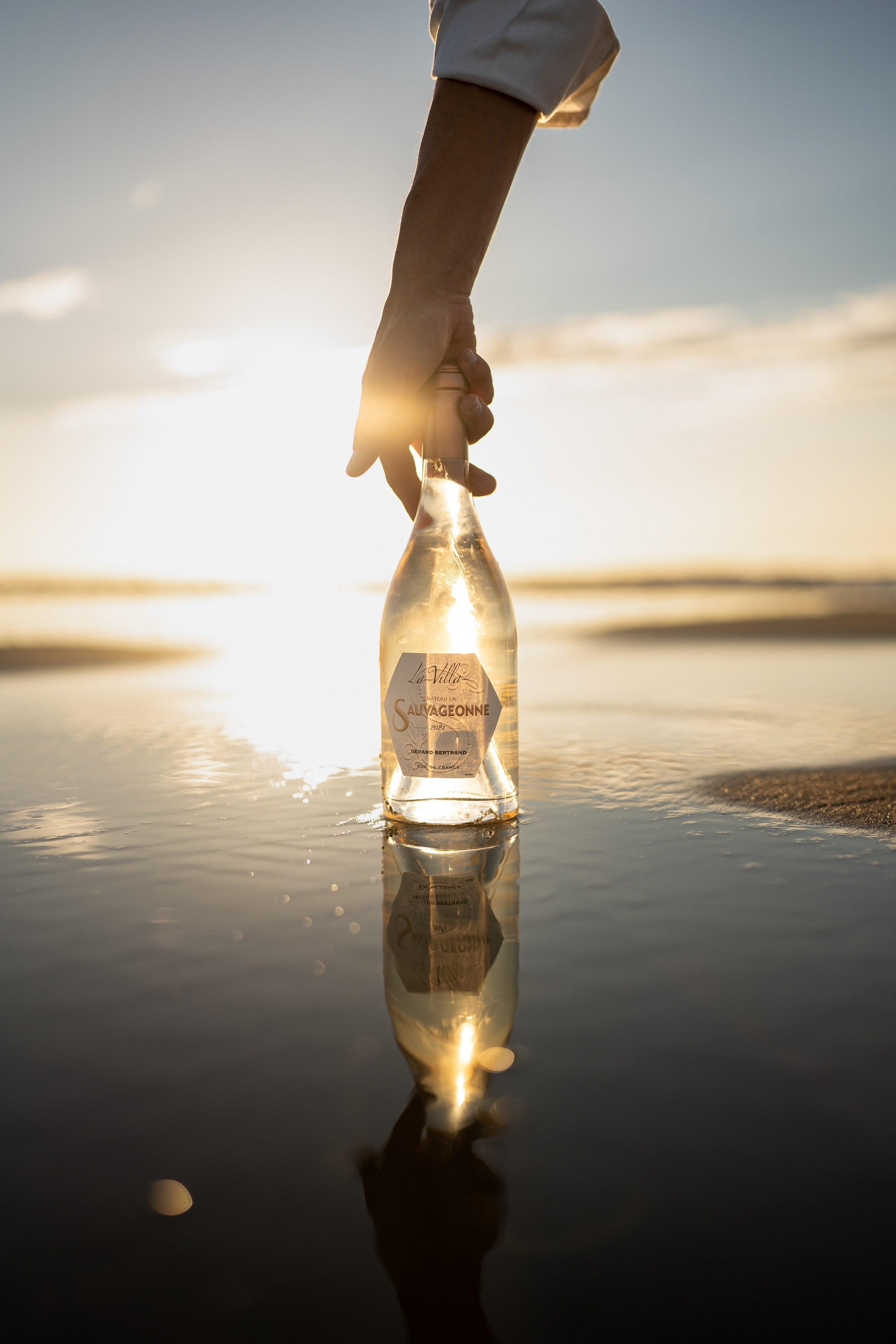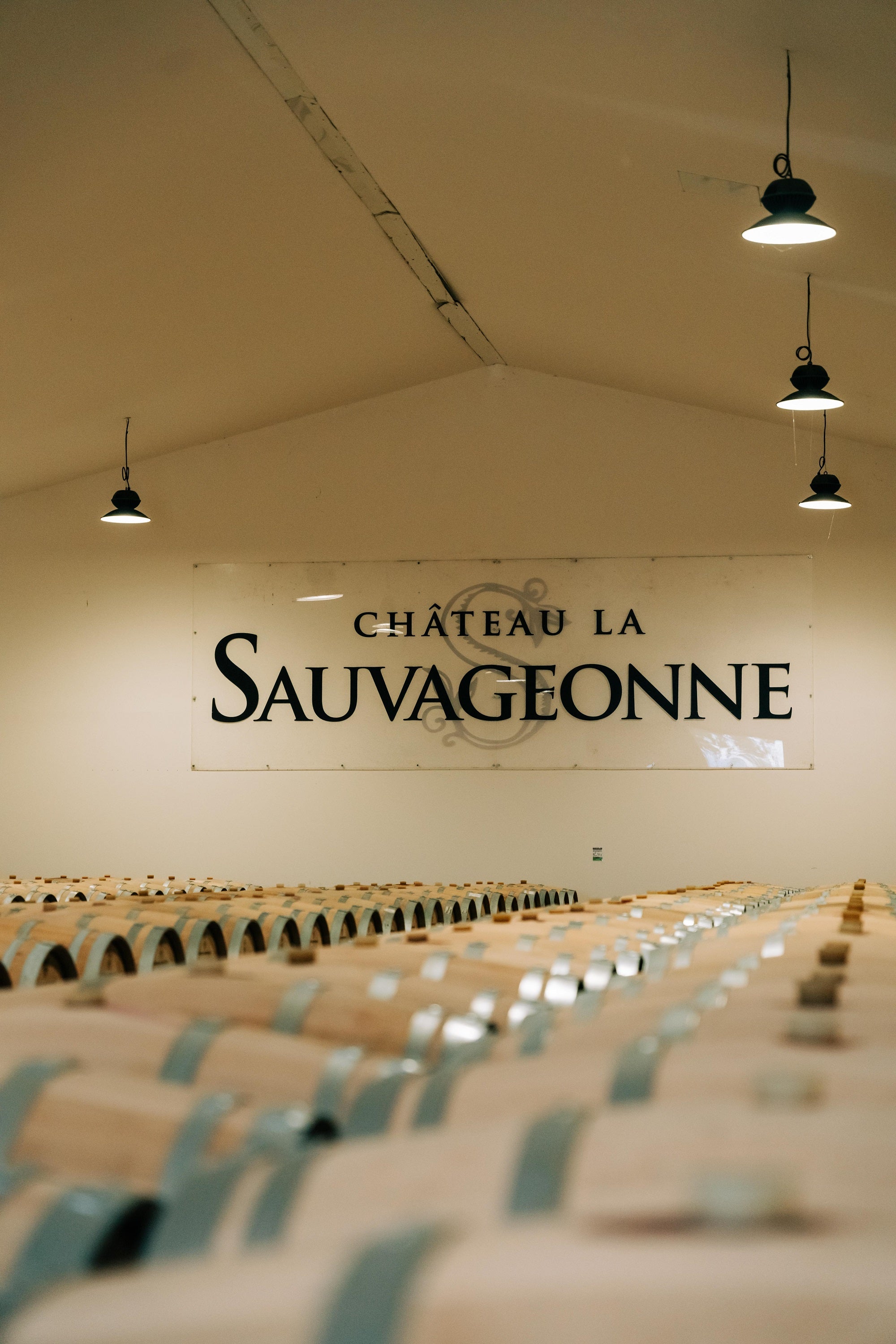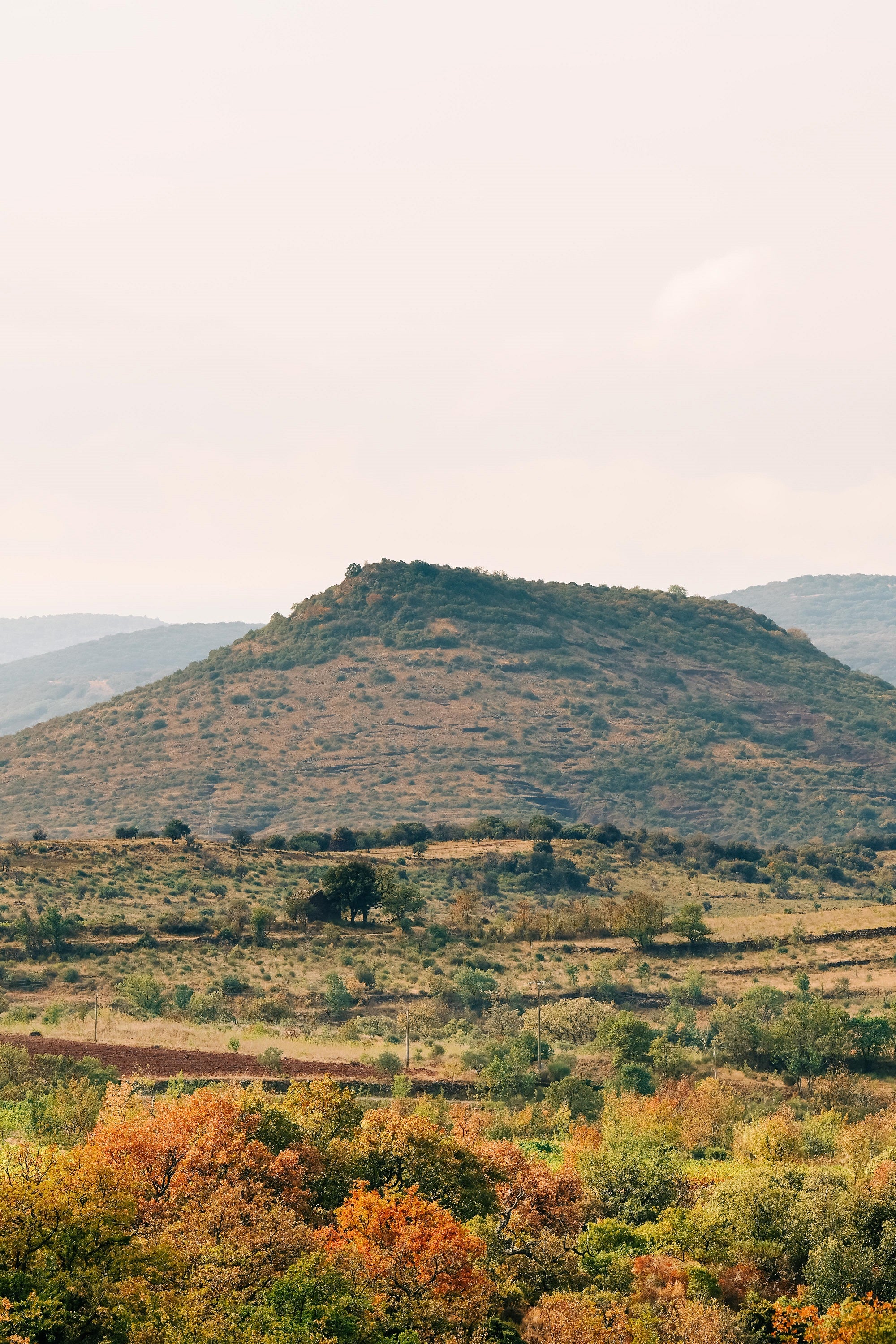
History
La Sauvageonne is a daughter of fire, in the image of the dreams of the former owner, with a fiery temperament, who developed this estate. It also reflects the volcanic past of this area of the Salagou lake, which has inherited its metamorphic soils, basalt organs and above all its red earth, the ruffes, emblematic of the Terrasses du Larzac appellation. A land of biodiversity, where the wild boar reigns supreme, the Sauvageonne lavishes the gifts of nature, through the vine, of course, but also the olive tree: Saint-Jean de la Blaquière is at the heart of the AOC Lucques du Languedoc recognised by the INAO in 2015. Everything here resonates with a raw, almost animal power, which has appealed to Gérard Bertrand: "On my first visit, I was struck by the abrupt force of the landscapes, the contrasting colours of the soils and the harmony of nature. The beauty of this place reinforces our desire to preserve biodiversity, reminding us that nature is our heritage and the future of humanity. "Gérard Bertrand has owned the estate since 2011, it Château la Sauvageonne has been biodynamically cultivated since 2012 and its wines have been Demeter certified since the 2015 vintage.
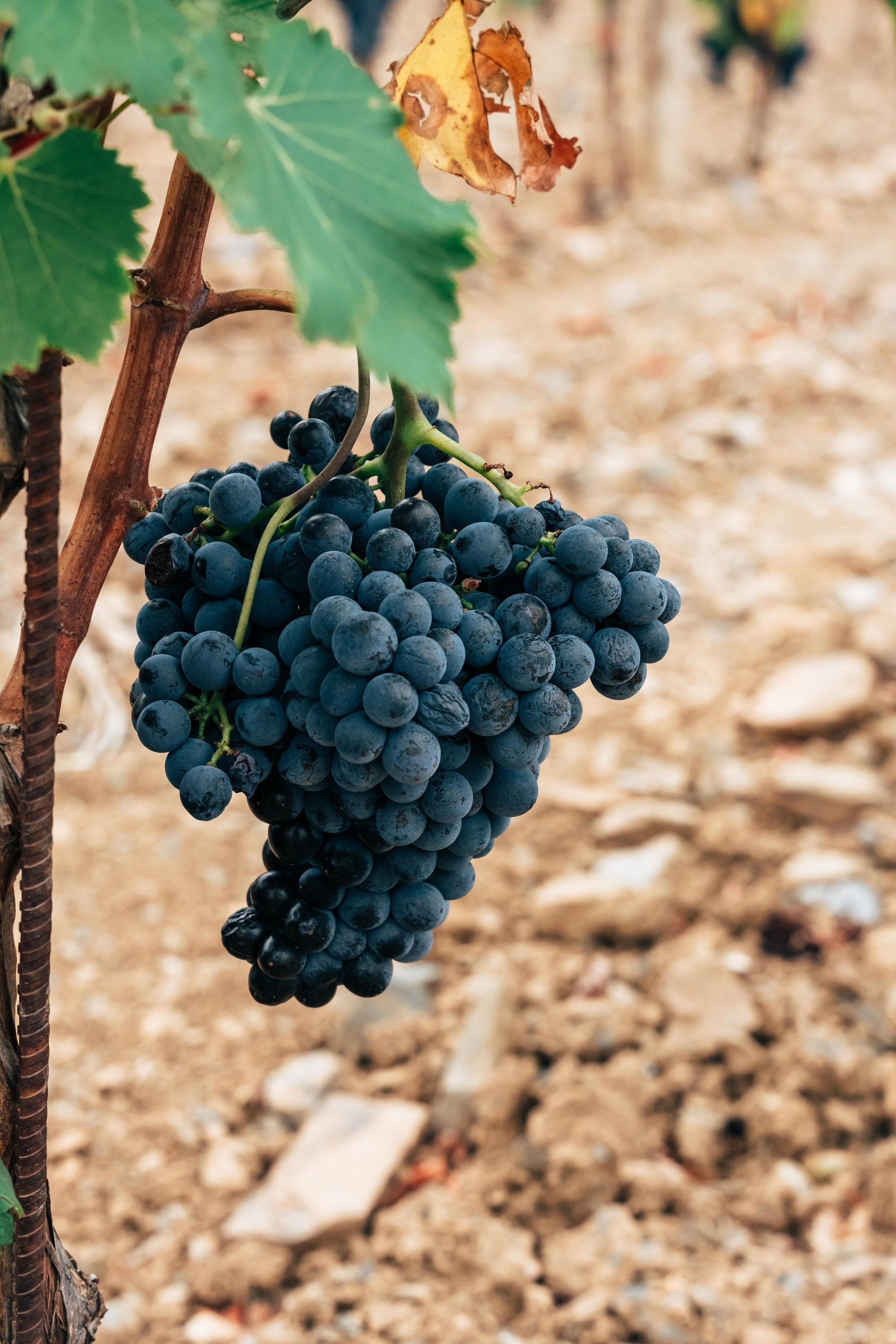
Character & Nature
Nature, à la Sauvageonne, is as fierce as it is generous. The climate has an extreme character, with sunny days and nights cooled by the altitude (150-350 metres) and the cool, rain-bearing currents of the Larzac. These exceptional thermal amplitudes slow down the ripening of the berries and guarantee the wines a remarkable aromatic precision. The terroir is divided between the famous ruffled soils and areas of sandstone and phonolitic schist (the stones that sing). The whole is established on a clayey horizon that retains the rainfall from the Larzac and allows optimal ripening of the grapes without water stress despite the heat of the summer days.
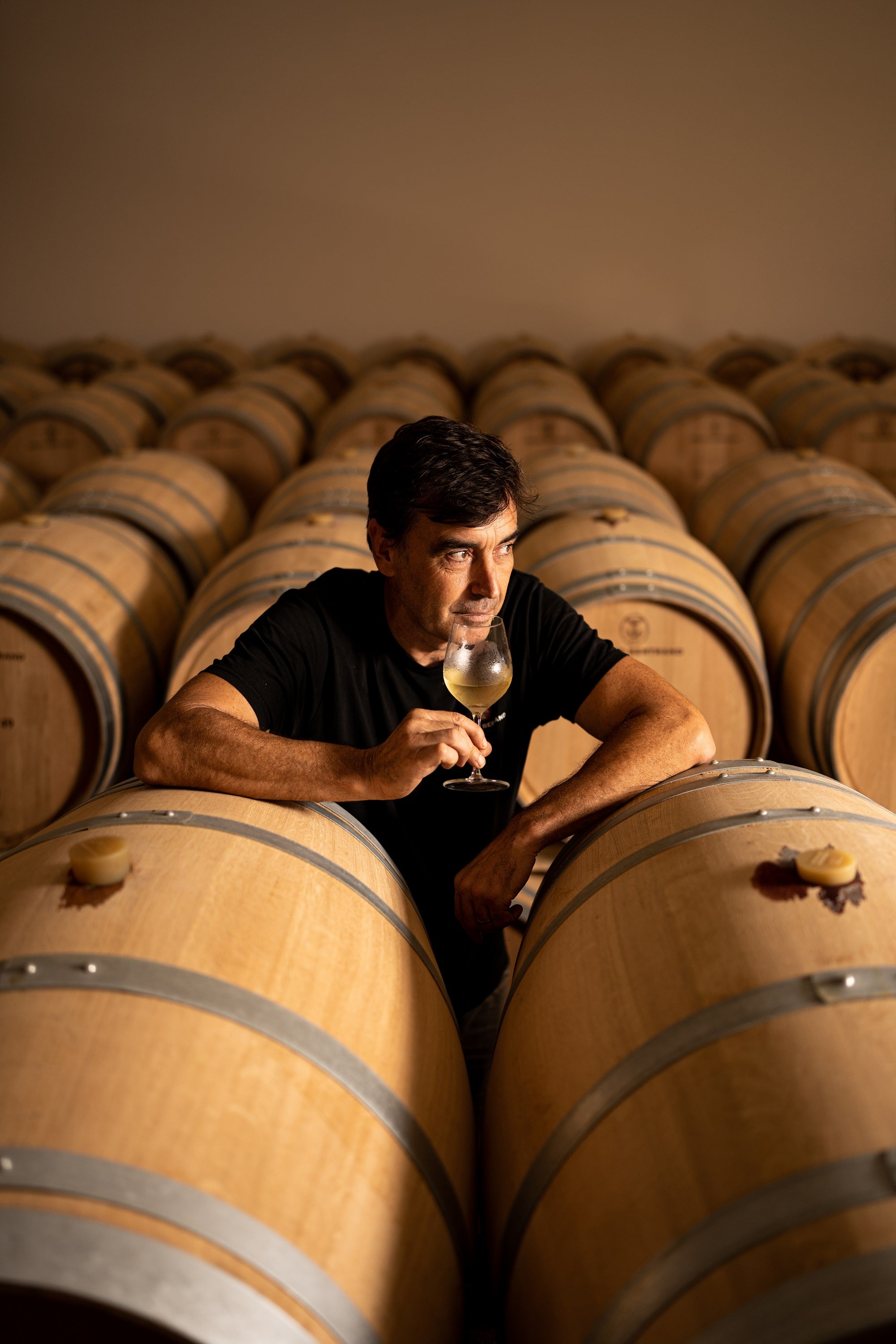
Antoine Costes - Sauvageonne's vintner
“2023 will be one of the most beautiful vintages of the decade in La Sauvageonne”
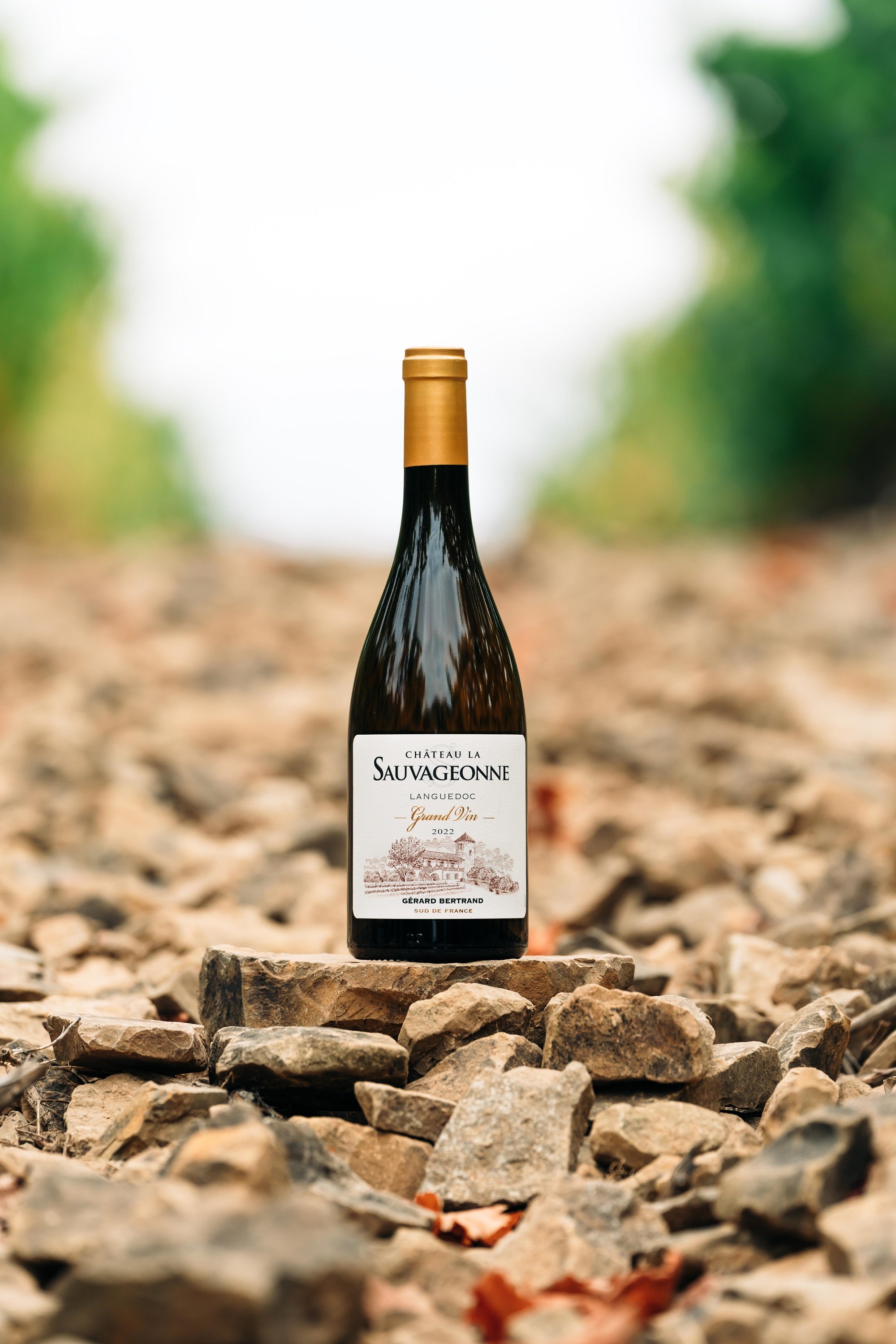
Winemaking
Each grape variety, red or white, has been planted in the soil conducive to its best expression. Each one plays its best notes in an exceptional symphony composed each year during the blending process. At the finish, the Sauvageonne offers truly telluric wines, reflections of the volcanic crucible that gave birth to them. This quest for precision culminates beautifully in wines that are unsettlingly sensual and elegant. The Grand Vin white is born from the meeting of Grenache blanc, Vermentino, Roussanne and Viognier, all from schist soils. The delicate Grenache blanc is vinified in vats to preserve the freshness of its aromas. The other three varieties are matured in barrels so that their expressive character gains further roundness and complexity. The rosé "La Villa" is a unique blend of black and white grape varieties: Grenache, Viognier (2%) and Vermentino (7%) and Mourvèdre: it is recognized by critics as the Best Rosé in the World (The Drinks Business, 2016 and 2017). The Grand Vin red is the marriage of heart and spirit of the majority grape variety : Grenache blended with Syrah, Mourvèdre and Carignan, coming from terroirs of schist and ruffles. The alliance of these so different and complementary characters reveals an aromatic complexity and a silky texture unequalled.
Château la Sauvageonne
"Nature's Sublime"
n.f. (Latin salvaticus,-a,-um de silva,-ae: forest) place preserved, saved from Man and where Man, in turn, saves himself and finds himself.

